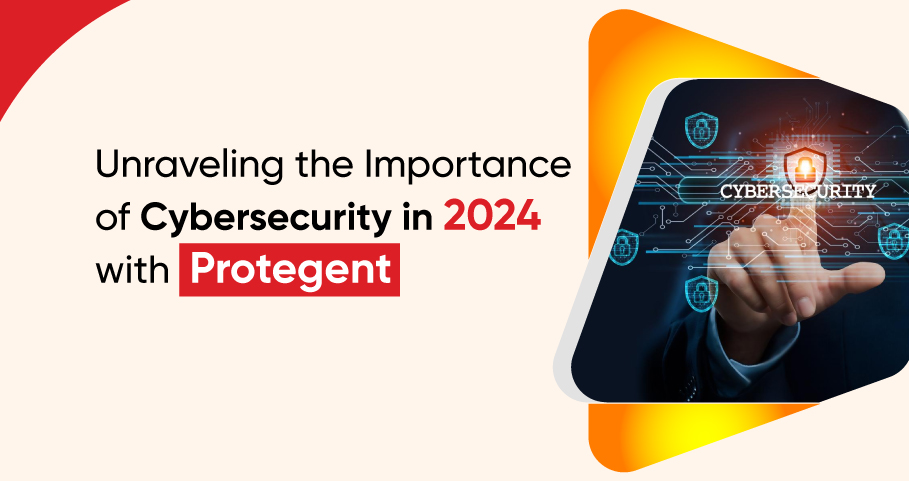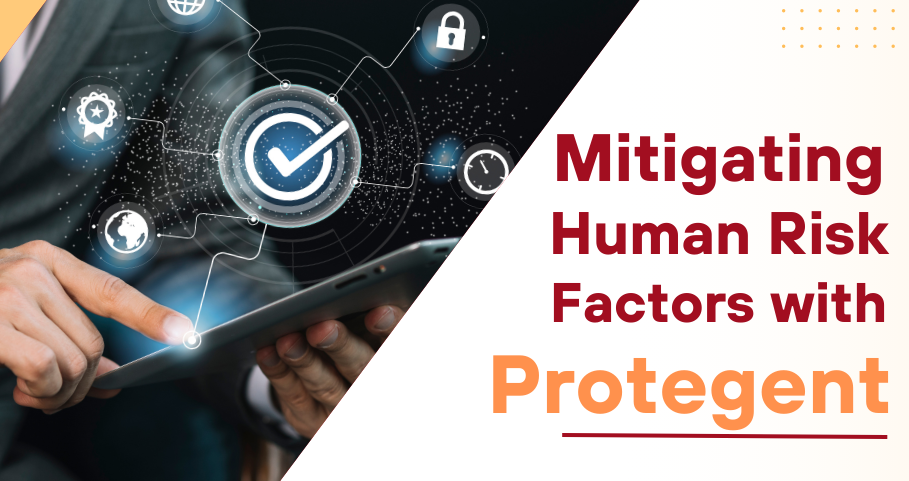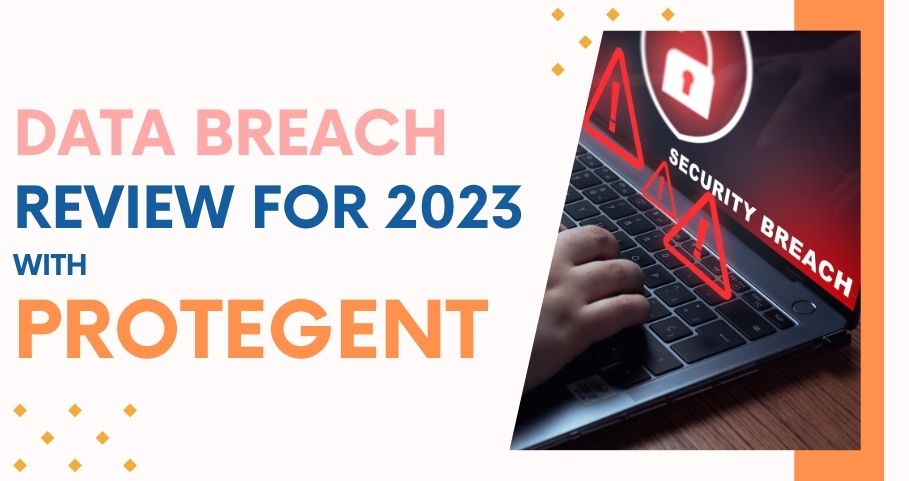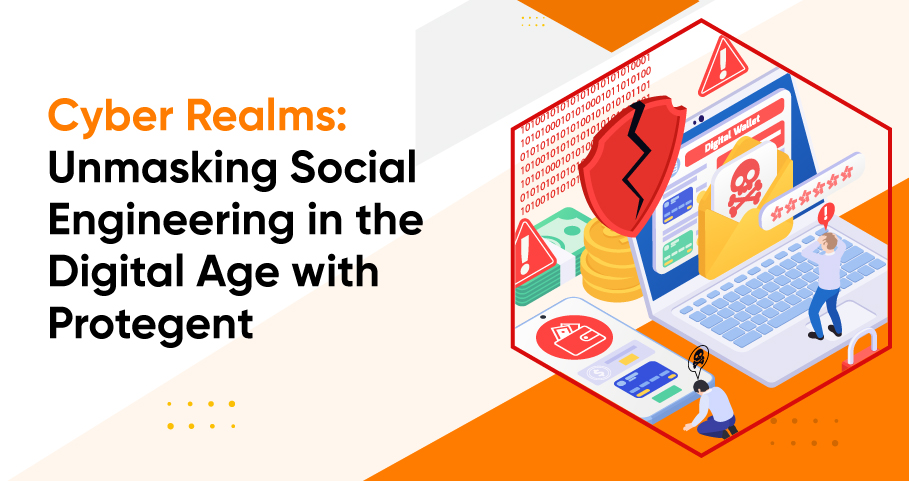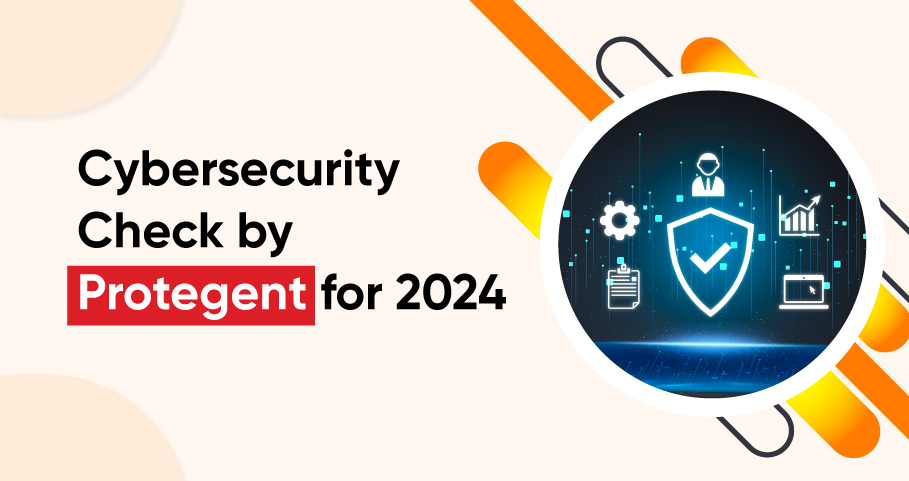Why Cybersecurity Is Essential in 2024
With a population exceeding 1.4 billion and a rapidly expanding economy, India has become an attractive target for cybercriminals looking to exploit vulnerabilities in its digital infrastructure. In an age characterized by digital innovation and connectivity, the importance of cybersecurity has reached unprecedented levels. The surge in cyber threats and the growing sophistication of cybercriminals necessitate increased vigilance and proactive measures to safeguard sensitive data. This blog post delves into the latest facts and figures that highlight the indispensability of cybersecurity as we enter the New Year in 2024. Within India's vast and dynamic digital landscape, the stakes for cybersecurity have never been higher. Looking ahead, the path appears both promising and scary. The increase in data breaches, ongoing acceleration in ransomware activities, the upswing in cloud adoption, and the looming threat of AI-based attacks and deepfakes collectively create a complex and
Read More


